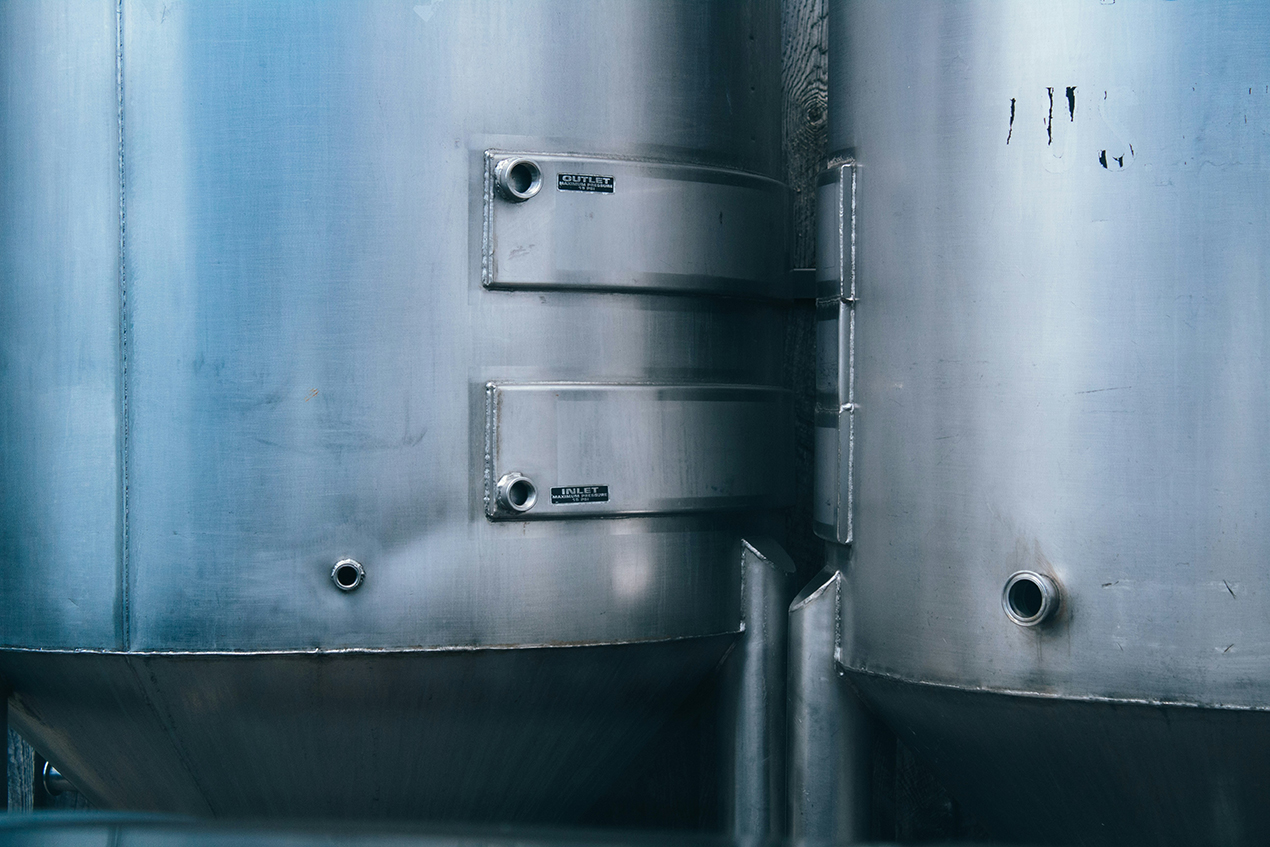News
Russia Enamored with Natural Gas OPEC
On October 14, Moscow, the capital of Russia, received its first snowfall since the beginning of winter this year. The arrival of the first snow heralds the beginning of a long winter, and every winter, as the international community's demand for energy continues to rise, Russia will also usher in its own "active period of international political life."On the day it snowed in Moscow, Valery Yazev, Chairman of the Russian State Duma for Energy, Transport and Communications and Chairman of the Russian Gas Association, believed that the establishment of a new International Organization of Gas Exporting Countries was an inevitable trend. "This is a normal response to existing gas consumption cartels," he said.
The idea of establishing a natural gas "OPEC" was not a "whim". In 2002, Russian President Vladimir Putin proposed to Turkmenistan President Niyazov that Russia and Central Asian countries establish a "Eurasian Gas Alliance". Since then, until the Sixth Natural Gas Exporting Countries Conference that concluded in Doha in April this year, rumors about the establishment of an alliance between Russia and other natural gas producing countries (such as Iran, Venezuela, Algeria, Qatar, etc.) have never stopped.
The purpose of establishing the International Organization of Natural Gas Exporting Countries is to coordinate and unify natural gas production and prices among member countries, like OPEC, to safeguard common vested interests by the most appropriate means. For Russia, a major energy country with 30% of the world's natural gas reserves and 20% of its production, whether it has international natural gas pricing power is not only closely related to its own interests, but also inseparable from its strategic layout of reshaping the country.
If the Organization of Natural Gas Exporting Countries really wants to achieve the same "powerful" achievements as OPEC, it will face two thorny issues: first, the standard for setting natural gas prices; second, how to transport natural gas. The pricing of natural gas is not entirely controlled by natural gas producers but relies heavily on changes in the price of oil. Therefore, natural gas exporting countries have decided to set up a group specifically responsible for discussing the formation of natural gas prices to redefine the method of price formation and, with the help of coordinated policies from exporting countries, separate the price of natural gas from the price of oil and its petroleum products.
Most of the current natural gas transportation methods rely on the laying of pipelines. The area of pipeline laying and the entanglement of interests among the transit countries have resulted in natural gas exporting countries being unable to flexibly coordinate price policies like OPEC. For this reason, Russia is currently increasing its efforts in pipeline laying. On October 22, Russian Deputy Prime Minister Alexander Zhukov stated that he planned to discuss the construction of a trans-American natural gas pipeline from Venezuela to Brazil with Venezuela. On October 16, Russian President Vladimir Putin also stated that the construction of the Nordic pipeline will be promoted according to the schedule. The pipeline has a transportation capacity of 55 billion cubic meters of natural gas per year. The first pipeline should be completed by 2010 and the second by 2012. Obviously, these are big projects.
In addition, the development of liquefied natural gas (LNG) will also make the establishment of natural gas "OPEC" more realistic. LNG, like oil, can be transported to anywhere in the world. Moreover, according to the International Energy Agency's forecast, by 2010, the world's LNG demand will increase to 476 billion cubic meters, accounting for 10%-20% of global natural gas consumption.
With the rapid development of China's economy, the issue of changing the energy structure and improving air quality has attracted widespread attention. In recent years, China's natural gas consumption has doubled, but natural gas resources are relatively limited. Authoritative predictions indicate that my country's demand for natural gas will reach 110 billion cubic meters by 2010, while the country can only provide 90 billion cubic meters. The natural gas supply gap will reach 20 billion cubic meters, and this gap may even reach 80 billion cubic meters in 2020. rice. Therefore, once a natural gas price alliance forms, it will put considerable pressure on the east-west natural gas pipeline supply plan that my country is currently negotiating with Russia, and may cause an increase in my country's natural gas prices. In this regard, experts suggest that on the one hand, China should curb unreasonable demand and increase the efficiency of natural gas utilization through natural gas utilization policies; on the other hand, China is also actively exploring natural gas resources and accelerating the pace of searching for energy overseas.

RELATED NEWS
- Middle East Oil Countries can Help Maintain Security in the Singapore-Malaysia S
- UK: Global Oil will Run out and an Energy Crisis will Erupt in the next Five Yea
- BANDON Henan Boai County Product Ordering Meeting Concluded Perfectly
- Oil Prices Usher in another Major Benefit: Indian Demand is Expected to Open a N
- Global Economic Commentary: Germany’s Emerging Energy Sources are Becoming Popul
